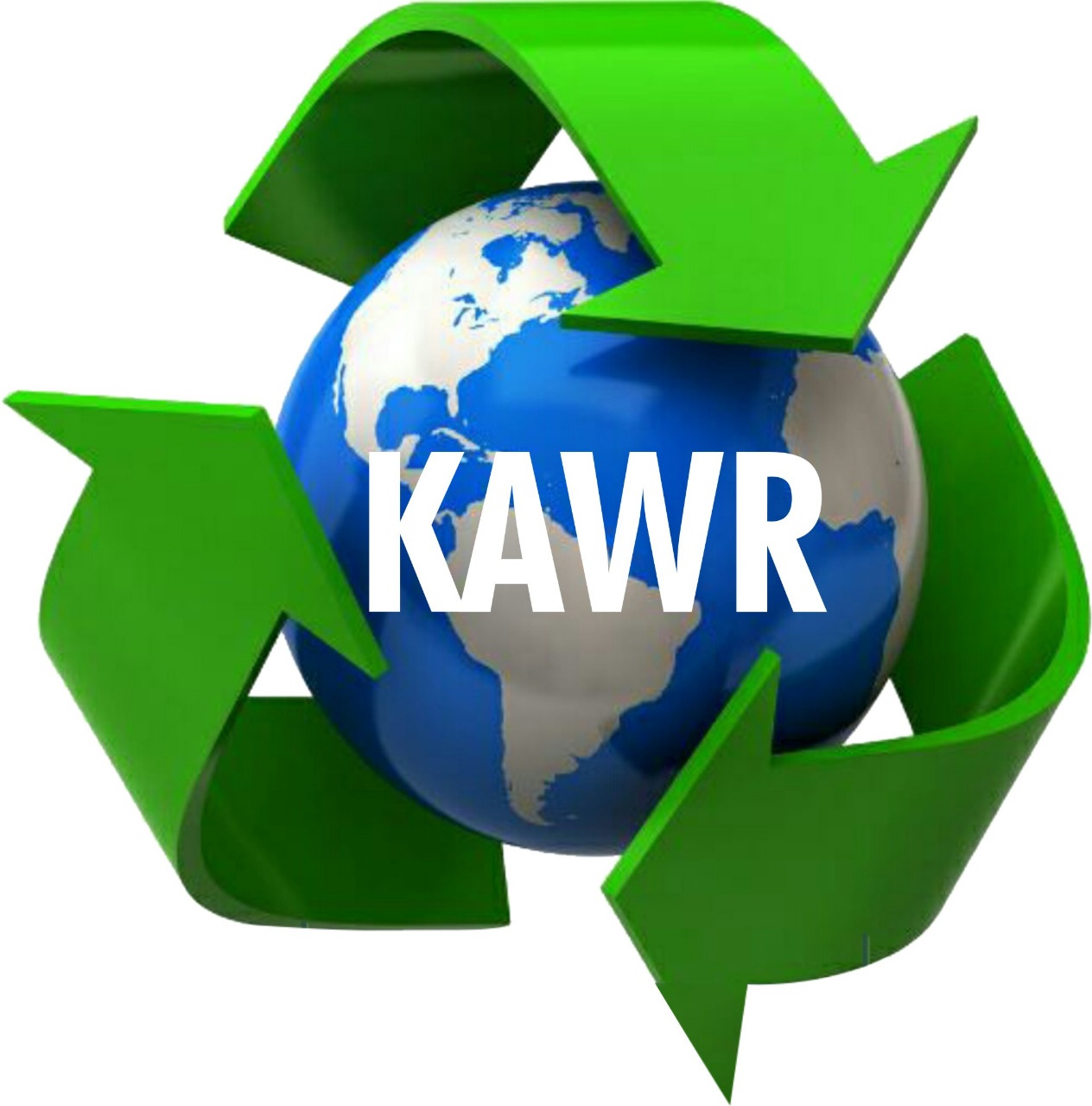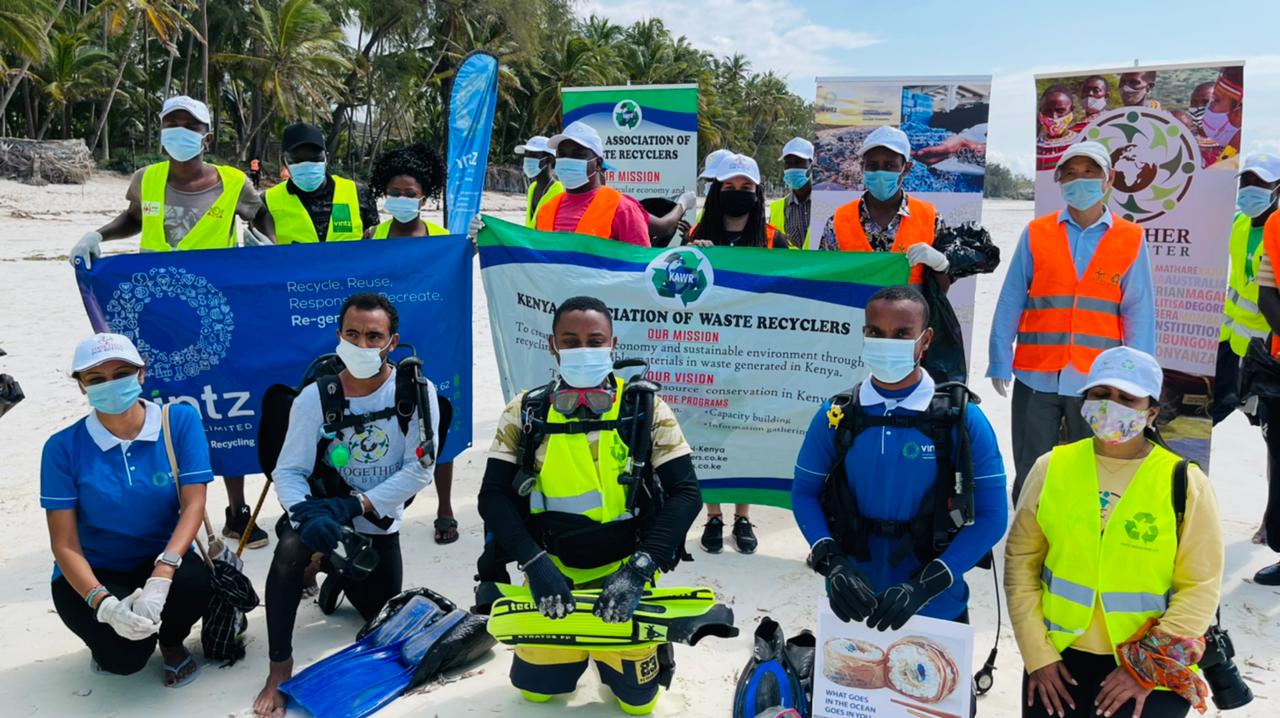Environmental sustainability depends on efficient waste management, and producer subsidies are vital to the financing of waste management organizations (WMOs) in Kenya. However, preserving stakeholder trust depends on making sure these subsidies are used efficiently and openly. The Kenya Association of Waste Recyclers (KAWR) is dedicated to resolving these issues by implementing organized supervision procedures that support efficiency, justice, and accountability.
Enhancing Contractual Structures
Working together with WMOs and Producer Responsibility Organizations (PROs) to create standardized contracts is one of the main initiatives KAWR is pursuing. The terms, conditions, and intended use of subsidies are spelled out in these contracts. Additionally, they contain particular performance metrics and benchmarks to guarantee that funds are distributed and used.
Systems for Digital Tracking and Reporting
KAWR is promoting the use of digital platforms that monitor the transfer of subsidies from PROs to WMOs to increase transparency. These platforms give stakeholders access to real-time data on how funds are being spent, enabling them to keep an eye on developments and guaranteeing efficient use of subsidies.
Audits by Third Parties
To guarantee that subsidies are being used appropriately, independent verification is crucial. Third-party audits will be carried out regularly, according to KAWR. The results of these audits will be made available to the general public, enhancing stakeholder confidence and accountability.
Building WMO Capacity
Strong administrative abilities and financial awareness are necessary for efficient subsidy management. For WMOs, KAWR is planning training courses on compliance, reporting, and financial management. WMOs will be better able to fulfill their contractual responsibilities and follow best practices.
Public Disclosure and Involvement of Stakeholders
The foundation of accountability is transparency. PROs and WMOs are being urged by KAWR to release comprehensive reports on the use of subsidies, including costs and results. To promote trust and well-informed decision-making, these reports will be distributed to the public, PROs, and government authorities.
Mechanisms for Grievance Redress
Mechanisms for reporting instances of subsidy misuse or misallocation must also be part of a robust oversight system. To guarantee that complaints are handled quickly and that remedial action is done when required, KAWR is setting up avenues for stakeholders to voice concerns.
Cooperation with Regulatory Organizations
To ensure adherence to subsidy agreements, KAWR is collaborating closely with regulatory bodies including the National Environment Management Authority (NEMA). This entails creating policies and procedures that control the distribution and application of subsidies and guarantee that all stakeholders follow the strictest accountability requirements.
Rewards for Adherence
KAWR is looking into measures to reward WMOs that exhibit excellent compliance and efficient use of subsidies to promote adherence to transparency standards. Preferential access to upcoming financing possibilities or public acknowledgment of exceptional performance are two examples of incentives.
In conclusion
By putting these policies into place, KAWR hopes to guarantee that subsidies are put to better use—improving Kenya’s recycling and waste management systems. A sustainable and responsible waste management system is built on transparency and accountability, which are not merely legal obligations. Through these efforts, KAWR underlines its dedication to resource management and the advancement of a circular economy in Kenya.

